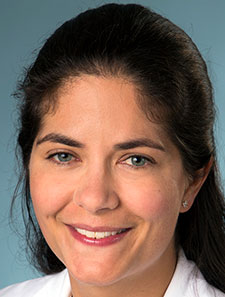Clinical question: How do the Trump administration’s plans for deporting undocumented immigrants and some individuals with temporary protected status impact the already strained healthcare workforce?
Background: Hospitalists are well aware of the ongoing shortage of nurses and other healthcare workers and have witnessed firsthand the impact of staffing challenges on patient care. Two-thirds of hospitals were noted to operate below full capacity in 2023, largely due to staffing shortages. Additionally, a lack of skilled nursing facility and home healthcare workers may delay discharges from hospitals, further bottlenecking care.
Study design: Descriptive study using Current Population Survey (CPS) and Census Bureau person-level weights
Setting: CPS, a nationally representative sample of the noninstitutionalized U.S. population
Synopsis: The authors estimated the number of naturalized citizen immigrants and noncitizen immigrants and then identified the proportion that lack official immigration papers (undocumented) who are employed in a wide range of healthcare settings (e.g., hospitals, outpatient clinics, nursing homes, home care, and private households). They estimated that 2,319,224 naturalized citizen immigrants and 1,064,147 noncitizen immigrants (698,000 documented, 367,000 undocumented) work in the U.S. healthcare system. Noncitizen immigrants accounted for at least 10% of workers for home care agencies and non-formal home settings, 7% of nursing home workers, and 4% of hospital and outpatient clinic workers. Notably, more than three-quarters of the 55,802 noncitizen physicians worked in hospitals, accounting for 8.8% of all physicians in this setting.
Bottom line: Immigrant healthcare workers have played and continue to play an important role in providing clinical care in the U.S.; policies that negatively impact the ability of this group to begin or continue to work in this arena will negatively impact healthcare.
Citation: Azaroff LS, et al. Deporting immigrants may further shrink the health care workforce. JAMA. 2025:e253544. doi:10.1001/jama.2025.3544.
 Dr. Gordon is associate program director of Maine Medical Center’s internal medicine residency program, a hospital medicine attending at Maine Medical Center in Portland, Maine, and an assistant professor at Tufts University School of Medicine in Boston
Dr. Gordon is associate program director of Maine Medical Center’s internal medicine residency program, a hospital medicine attending at Maine Medical Center in Portland, Maine, and an assistant professor at Tufts University School of Medicine in Boston

